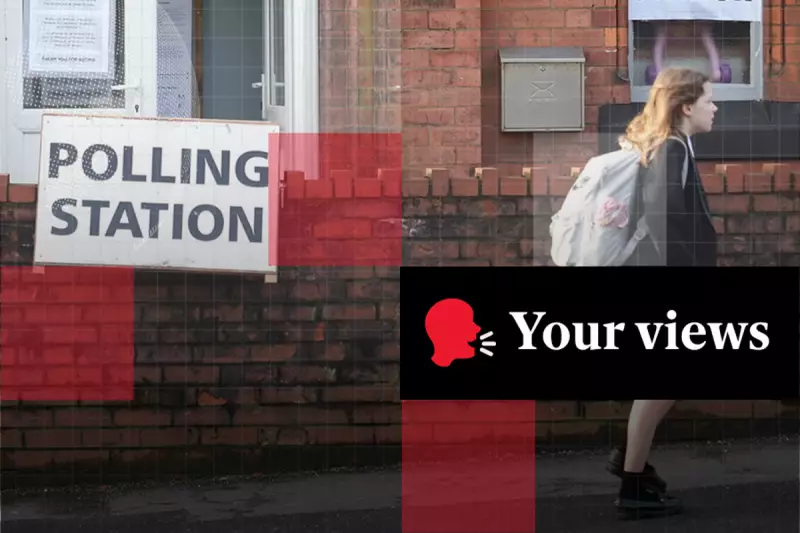
The debate over lowering the UK's voting age to 16 has reignited with fresh intensity, as campaigners push for change while critics warn of unintended consequences.
The Case for Change
Proponents argue that 16-year-olds already shoulder adult responsibilities - paying taxes if employed, joining the military at 16, and making life-altering education choices. "If you're old enough to contribute to society, you're old enough to have a say in how it's run," said one youth campaigner.
Opposition Voices
Conservative MPs counter that adolescence remains a period of significant neurological development. "Voting requires mature judgment that most 16-year-olds haven't fully developed," argued one senior Tory backbencher. Others worry about political parties targeting impressionable young voters.
International Precedents
Scotland and Wales already allow 16-year-olds to vote in devolved elections, with reportedly high youth turnout. Campaigners point to these examples as proof the system works, while sceptics note the smaller scale of these elections compared to UK-wide votes.
What Comes Next?
With Labour currently leading in polls, the issue may gain traction. However, constitutional experts caution that any change would require legislation and potentially lengthy parliamentary debate. The Electoral Commission would also need to update voter education programmes.
As the discussion continues, one thing is clear: the question of voting age cuts to the heart of who we consider full participants in our democracy.





